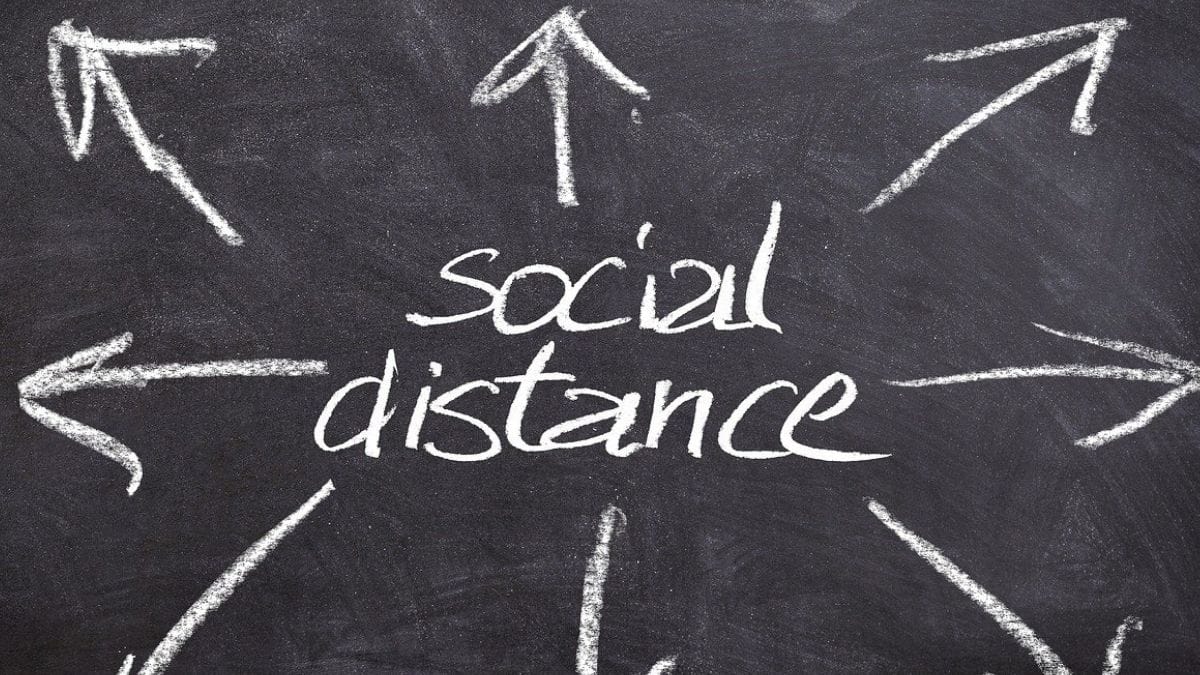The recent developments related to the global health situation have radically altered or at least accelerated some already present trends in the clinic software industry. Although caused by a sudden turn of events, these changes are here to stay.
When an event such as the outbreak of COVID-19 occurs, it is bound to affect all branches of industry. The brunt of the pandemic, however, was taken by the clinics and the medical sector. Therefore, clinic software had to adapt to the new circumstances. As the consequences of the pandemic still linger, there are several features that have been universally accepted as the new standard of clinic software.
Automated Communication
One of the most direct consequences of the pandemic is rules and regulations that limit working hours and total capacity and otherwise affect the usual routine of clinics. Due to dynamic efforts in containing the virus, these are prone to frequent and abrupt changes which often come with new requirements, rescheduling, etc.
Clinic software has responded by automating communication to include all COVID-19 related information, starting from before the appointment and repeating the notice once again 24 hours before the appointment. Additionally, in cases of patients getting ill, the streamlined procedure of rescheduling or canceling online serves to reduce last-minute no-shows and prevent potential infections in the clinic.
Automated dispatching of manually customized mass SMS to patients has also gained prominence during the pandemic. In cases of important events, such as new nation-wide regulations, restrictions, or easing of measures, the clinic can quickly notify patients who, for example, have an appointment the day after.
And even in those cases where patients had to cancel their appointments due to contracting the virus, a new lockdown, or any other reason, the clinic software does not let the established contact go to waste. The system utilizes the contact for communication and marketing purposes, re-inviting them after the affairs that have caused them to cancel have settled down.
Video Consultation
Even though there were tendencies to steer the healthcare industry towards remote check-ups and consultations before the COVID-19 pandemic, with the outbreak the need for clinics to go remote has been put into the spotlight.
There are benefits to video appointments in non-pandemic circumstances. It can free up a lot of time for both the medical experts and the patients who are not required to go through the hassle of coming to the clinic for routine check-ups and reviews.
During COVID-19 and related measures, however, video appointments have become a necessity instead of a luxury. With the implementation of fixed limits on working hours and the number of people occupying any closed space, the total number of patients and procedures at times get heavily reduced. Additionally, lockdowns virtually eliminate the physical presence of patients, so clinics that do not adapt risk closing. Clinicminds introduced video appointments to their clinic software and the ordinations using it could mitigate some of the damage caused by the decrease in the number of patient visits.
Digital Communication
If nothing else, these trying times have shown us the benefits and importance of digital communication. Having a strong digital presence and efficient communication channels improves the patient experience, eases the administrative burden, and provides increased marketing opportunities.
From invoices and online consent forms/questionnaires to prescriptions and aftercare instructions, the streamlined digital communication does in the background what would otherwise require detailed attention of a dedicated clinic department. Clinic software’s recent improvements in the domain of all-digital communication reduce paperwork, minimize the effort required for scheduling, and, most importantly, make the whole process that bit easier for every party involved.


